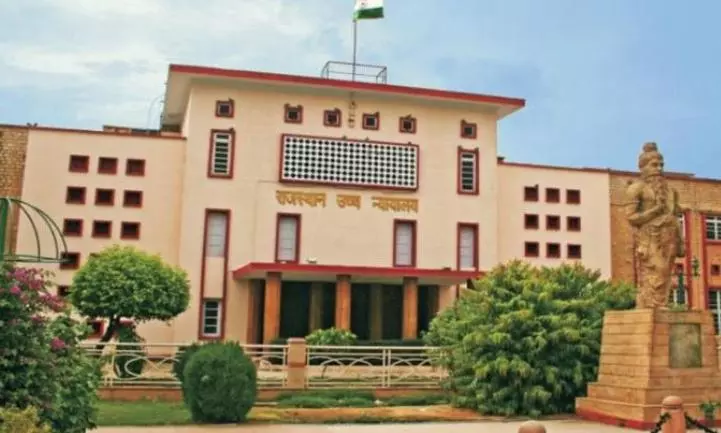
Use of ‘Bhangi’ and ‘Neech’ not grounds for SC/ST Act charges: Rajasthan HC
text_fieldsNew Delhi: The Rajasthan high court has ruled that the use of the words such as bhangi (scavenger), neech (lowly person), bhikhari (beggar), and mangani (beggar) do not warrant charges under the 1989 Scheduled Castes and the Scheduled Tribes Act as they are not caste names, The Wire reported.
Justice Birendra Kumar made the observation while squashing charges against four persons who were accused of using these words against government officials in the midst of an inspection in 2011 of alleged encroachments in Jaisalmer.
The court said in its November 12 order reportedly said: ‘The words used were not caste name nor there is allegation that the petitioners were known to the caste of the public servants, who had gone to remove the encroachments. Moreover, it is crystal clear on bare perusal of allegation that the petitioners were not intending to humiliate the (public servants) for the reason that they were members of Schedule Caste and Schedule Tribes rather act of the petitioners was in protest against the action of measurements being wrongly done by the public servants’.
The incident leading to case took place in January 2011 when officials were inspecting encroachments on public land in Jaisalmer.
Officials alleged that petitioners led by Achal Singh obstructed them and verbally abused with derogatory terms.
Subsequently, they were charged under the Indian Penal Code Sections 353 (assault to deter a public servant), 332 (causing hurt to deter public servant), and 34 (common intention), along with Section 3(1)(X) of the SC/ST Act.
After police initially concluded that there was no evidence, a protest petition prompted the trial court to frame charges under the SC/ST Act.
Challenging the case in the High court, the accused argued that there was no basis for the charges under the SC/ST Act alongside claiming they were ignorant of the complainants’ caste.
Agreeing with the petitioners over the absence of independent witness, the court observed that ‘In the case on hand, only the informant and its officials are witnesses of the incident, no independent witness has turned up to support that he was the witness of the incident’.























